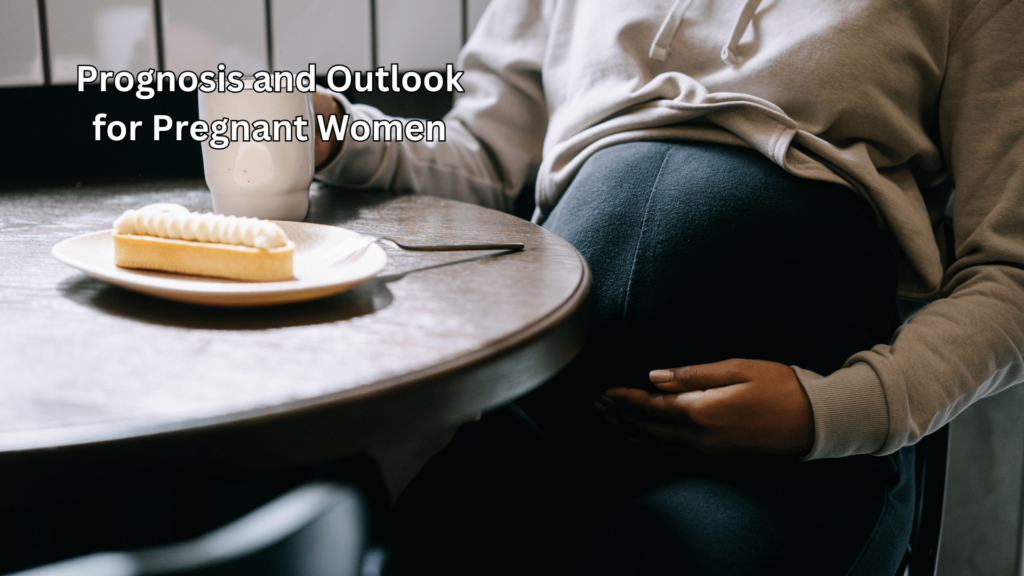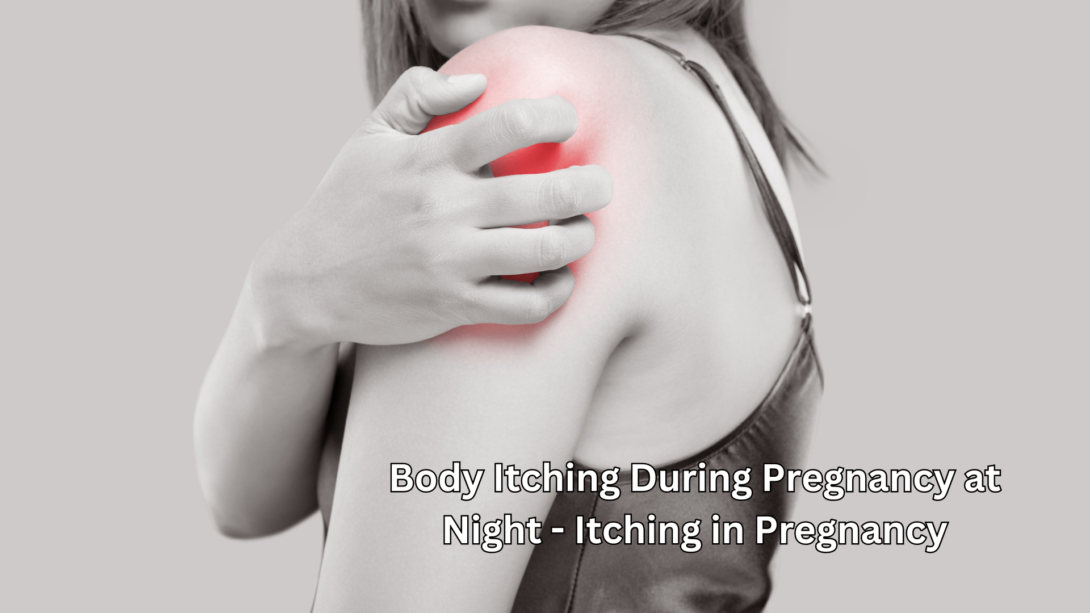Pregnancy is a miraculous journey that brings joy and anticipation to countless families. However, along with the excitement, expectant mothers may also encounter certain discomforts, one of which is pruritus, commonly known as itching. Pruritus during pregnancy can vary in severity and may sometimes be indicative of a more serious condition called obstetric cholestasis. In this comprehensive guide, we will delve into the causes, management, and prognosis of pruritus and cholestasis during pregnancy.
Etiology of Pruritus and Cholestasis
Pruritus during pregnancy is not uncommon and can be attributed to a range of factors. Hormonal changes, stretching of the skin, and increased blood flow are some reasons that contribute to itching. However, in some cases, itching can be a sign of obstetric cholestasis, a liver disorder that occurs during pregnancy. This condition can cause bile flow to be impaired, leading to elevated bile acids in the bloodstream and resulting in intense itching.
Epidemiology of Pregnancy-Related Itching
Understanding the prevalence and risk factors associated with pruritus and cholestasis is crucial. While mild itching is experienced by many pregnant women, severe pruritus affects around 1 in 150 pregnancies. Certain factors, such as a family history of cholestasis, multiple pregnancies, and specific genetic variations, can increase the likelihood of experiencing this condition.
Evaluation and Diagnosis
Proper evaluation and diagnosis are essential for effective management. Healthcare providers typically conduct a thorough history and physical examination to determine the cause and severity of itching. Differential diagnosis is important to rule out other potential causes of itching, such as skin conditions or allergies. Diagnostic tests, including liver function tests and bile acid levels, aid in confirming obstetric cholestasis.
Pathophysiology of Pruritus and Cholestasis
Understanding the underlying mechanisms of pruritus and cholestasis provides insight into their management. Hormonal fluctuations and genetic predisposition play a role in the development of these conditions. Bile acids, which are essential for digestion, can accumulate due to impaired liver function in cholestasis, triggering the intense itching.
Complications Associated with Severe Itching and Cholestasis
Severe itching and cholestasis can have significant implications for both the mother and the fetus. Maternal complications may include sleep disturbances, anxiety, and potential complications during labor. For the fetus, complications can range from preterm birth to fetal distress, making early intervention crucial.
Obstetric Cholestasis: Causes and Management
Obstetric cholestasis is a complex condition with various causative factors. Genetic predisposition, hormonal changes, and environmental factors contribute to its development. Managing cholestasis involves addressing symptoms, reducing bile acid levels, and closely monitoring the mother and baby’s health.
Treatment and Medical Interventions

Managing pruritus and cholestasis often involves a multi-faceted approach. Mild itching can be alleviated through gentle skincare and moisturization. For obstetric cholestasis, medications may be prescribed to reduce bile acid levels and manage symptoms. Regular monitoring and communication with healthcare providers are essential to ensure optimal outcomes.
Patient Education and Deterrence
Educating expectant mothers about pruritus and cholestasis is crucial for early detection and management. Self-care practices, such as avoiding hot showers and wearing loose clothing, can help minimize discomfort. Additionally, awareness of symptoms and the importance of seeking medical attention play a pivotal role in reducing complications.
Prognosis and Outlook for Pregnant Women

The prognosis for pregnant women with pruritus and cholestasis varies based on factors such as the severity of symptoms and timely intervention. Mild itching often improves after delivery, while cholestasis-related itching usually resolves within weeks of giving birth. However, proper medical care and monitoring remain essential during the postpartum period.
Enhancing Healthcare Outcomes
Collaboration among healthcare teams, including obstetricians, hepatologists, and midwives, is crucial for achieving positive outcomes. Timely communication, shared expertise, and a patient-centered approach contribute to holistic care for pregnant women experiencing pruritus and cholestasis.
Continued Education and Learning Activities
For healthcare professionals, staying updated on the latest research and guidelines is vital. Continued education activities, such as workshops and online resources, ensure that medical experts are equipped to provide the best possible care to pregnant women.
Seeking Answers from Healthcare Providers
Expectant mothers should maintain open communication with their healthcare providers. Asking pertinent questions about itching, cholestasis, and potential complications empowers women to make informed decisions about their care.
Conclusion
Pruritus and cholestasis during pregnancy are conditions that require careful attention and management. By understanding their causes, seeking early diagnosis, and following recommended treatments, expectant mothers can navigate these challenges while safeguarding their own well-being and that of their precious little ones. Remember, proper medical guidance and a supportive healthcare team can make all the difference in ensuring a safe and comfortable pregnancy journey.
Share this post: on Twitter on Facebook on Google+

